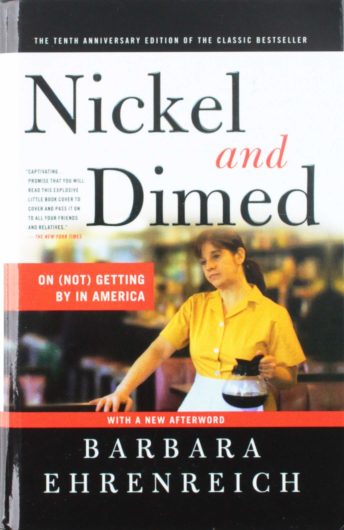
We live in a time of intense political debate. Siloed in our separate value and belief systems we find it hard to talk with strangers because we do not know what they believe, so we side-step controversy and avoid topics that might upset them.
But should it be that way in a memoir? Should we skirt the issues of the day, or dive right in?
This itself may be a topic that sets readers’ teeth gnashing.
However, I wade right in.
I believe that memoir is one of the last bastions of artistic endeavor where you have the opportunity to speak truth—about your life, feelings, ideas, opinions, and wishes for the world—via personal experience. The art of memoir is learning to do that with grace. And yes, I know that even with grace you can (inadvertently) stomp on toes. You simply can’t please everyone, nor should you try.
Again, memoir is a place to find your truth and to trumpet it with as much honesty, balance, and compassion as you can muster.
So, my take on this thorny issue is: Speak up. Explain yourself. Own your heart and beliefs, but be able and willing to explore the complexity of the issues you include in your story. That means doing deep thinking and research. Arm yourself with facts to accompany your story of personal experience.
 Perhaps you are writing about income inequality based on a series of jobs you have held that barely allow you to make ends meet; don’t just rail against those you believe are guilty of making your life the way it is, but back your experience with information about how economic conditions get to be the way they are. (For an example, see the now classic Nickel and Dimed: On (Not) Getting By in America by Barbara Ehrenreich.)
Perhaps you are writing about income inequality based on a series of jobs you have held that barely allow you to make ends meet; don’t just rail against those you believe are guilty of making your life the way it is, but back your experience with information about how economic conditions get to be the way they are. (For an example, see the now classic Nickel and Dimed: On (Not) Getting By in America by Barbara Ehrenreich.)
Or, if your experience is one of the immigrant, and you are feeling frightened in these current times, and you want to detail your journey, then do that. And spend time looking into the complicated processes that lead countries and cultures to become the way they are—the country you have left and the country that is your new home. Paint your experiences, but educate people, too.
A memoir that pivots on a topic and weaves personal experience with facts is stronger than one that does not, and frankly, bridges into a cousin form of writing that can command more attention in the marketplace than memoir can, which is narrative nonfiction, a form in which you use personal experience to build the arc of your story, but you use research to compose a deeper tale that illuminates the facts of the issue at the heart of your story.
And, contrary to a lot of press these days, there are actually verifiable facts. Learning how to find them and use them adds weight to your story of personal experience in the cauldron of the today’s fiery social issues.
